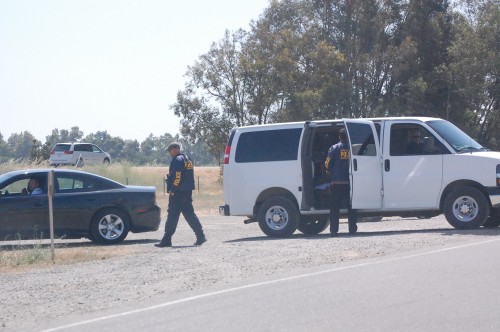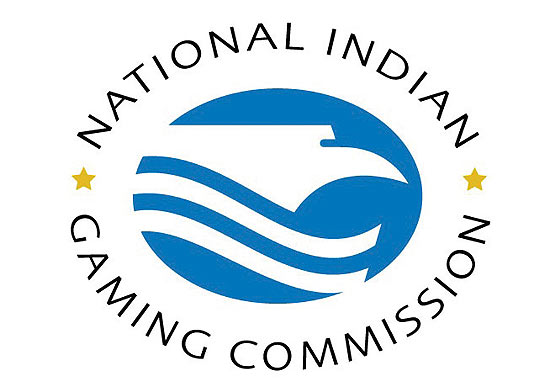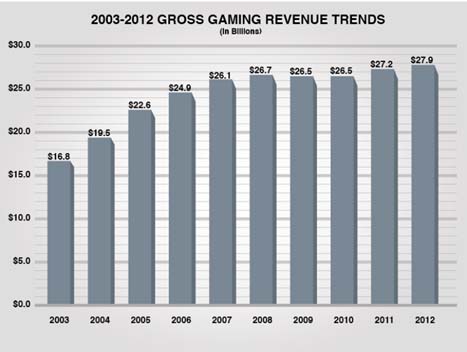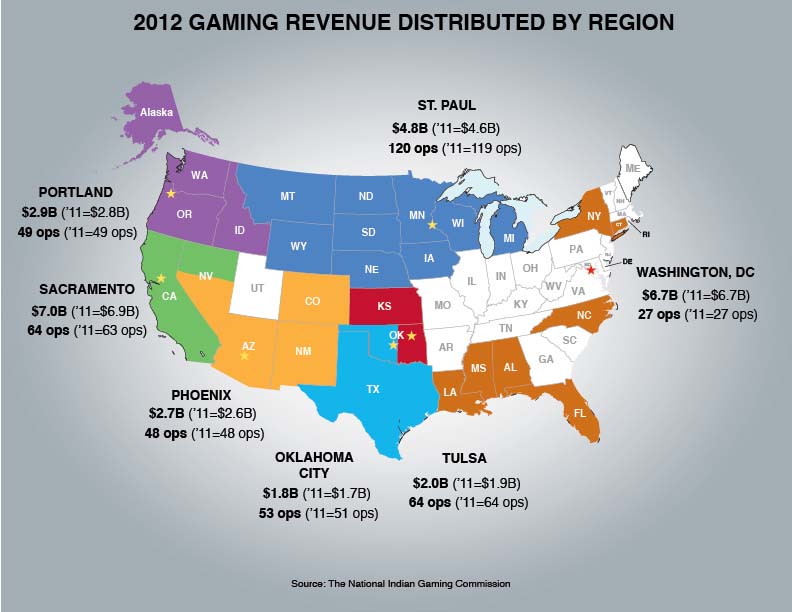By Steve Larson, Legal US Poker Sites
According to several news sources, the Seminole Tribe of Florida is nearing a completed deal on a new gaming compact with Florida Governor Rick Scott. A source close to the negotiations says a special session in May might be called for the legislature to consider a new compact with the tribe. A spokesman for the tribe gave a “no comment” when asked about the story.
Despite the rumors of a pending deal, several groups among Florida lawmakers might be slow to provide support for any deal the governor signs with the Seminole Tribe. Election year politics, social conservatism, and traditional gaming interests could stand in the way of a new compact. Against those considerations stand a possible billion-dollar windfall for the state.
2010 Seminole Compact Was Worth $1 Billion
The State of Florida and the Seminole Tribe signed a deal in 2010 with some parts set to expire in 2015. The 2010 compact guaranteed in excess of $1 billion for the state government, but bound the state’s hands in bringing in new casino developments. Some Florida lawmakers would like to see the current deal expire, so integrated resort casinos could be placed in Miami-Dade and Broward counties. These politicians believe the South Florida casinos would combine with established gaming to provide far larger revenues.
Early in 2014, several Florida legislators proposed a comprehensive gambling bill which would have spurred such competition with the tribe. House Speak Will Weatherford asked Rick Scott to renegoiatite the compact with the Seminole Tribe before proceeding with the bill. Speaker Weatherford wants a constitutional amendment placed before the electorate which requires any future gambling expansions to be approved by Florida voters. Many lawmakers have balked at such a plan, because in a divided state, such a move could squelch any gaming expansion and therefore could hurt competition by removing realistic options.
Will Weatherford Saying the House Cannot Be “Leveraged”
Any new legislation would come to the governor’s desk when the state’s $75 billion budget will be ready to be signed. Because Rick Scott has a line-item veto ower, he could eliminate individual spending items which legislators might add to the bill. This would give the governor bargaining power, but might not assure approval of a new Seminole gaming compact.
When addressing that issue, Will Weatherford said, “I don’t see the Florida House being leveraged into anything. We have been very good to the governor this year.”
Opposition Could Prove Stubborn
Several groups may be opposed to a new deal, at least under certain conditions. The Westport News speculates some lawmakers will not approve a new deal, if the legislature does not promise to help the state’s horse tracks and dog tracks.
Democrats have indicated they might not vote for the compact, if they are sidestepped in the negotiations. While Republicans are the majority party in Florida, the GOP voting bloc is not solid on the gambling issue. Some Republican politicians have been unwilling to vote on gaming compacts in the past, fearing they would be condoning gambling or expanding social ills.
Democrats Have “No Motivation to Ratify”
If that is the case this year, then Democrats will have a key role in whether a new compact is voted up or ndown. House Democratic Leader Perry Thurston said, “Quite frankly, we don’t have any motivation just to ratify what the governor does.”
In a mid-term election year, the minority party often is loathe to provide a sitting governor with any legislative victories to trumpet. In such conditions, the gambling compact might face stiffer-than-normal opposition.
Florida’s Tribal gaming industry is among the strongest in the nation. Florida is behind only California, Washington, and Oklahoma in gambling revenues for the Native American Tribes. The Indian casinos in Florida collected $2.2 billion in 2012 alone.










